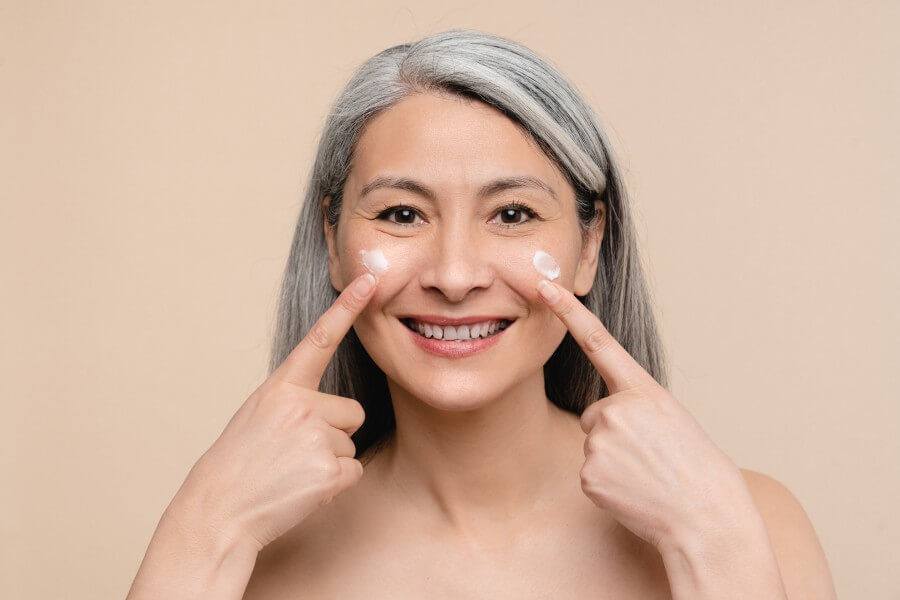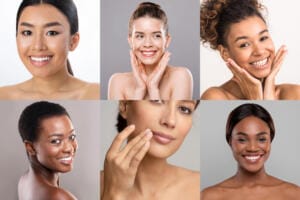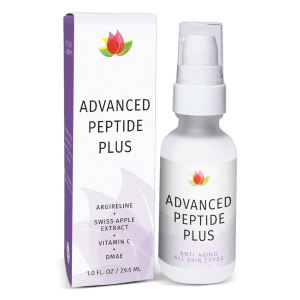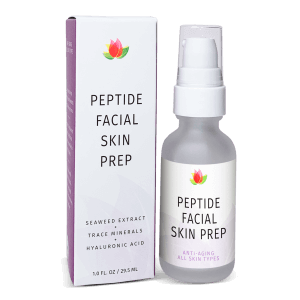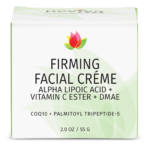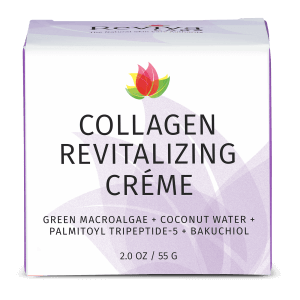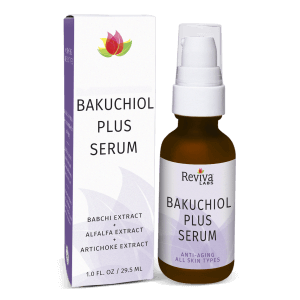Natural, Reviva Labs, Skin Care
Are Anti-Aging Products Good?
In the pursuit of eternal youth, anti-aging products have become the cornerstone of skincare routines worldwide. This billion-dollar industry thrives on the promise of diminishing wrinkles, fine lines, and other signs of aging, offering a glimmer of hope to those yearning to turn back time. But with the plethora of products available on the market, the question arises: Are anti-aging products genuinely effective? This blog post delves into the world of anti-aging skincare, examining the benefits, the science behind the products, and what consumers should know before incorporating them into their skincare regime.
Understanding Anti-Aging Products
Anti-aging products range from moisturizers and serums to supplements, each claiming to offer the coveted fountain of youth. These products typically contain active ingredients like retinoids, peptides, antioxidants, and hyaluronic acid, known for their ability to repair and protect the skin from the ravages of time and environmental damage. The allure of reversing or even halting the aging process has made these products immensely popular among consumers of all ages.
The science behind these products is rooted in addressing the underlying causes of skin aging. Factors such as sun exposure, pollution, lifestyle choices, and natural aging processes contribute to the breakdown of collagen and elastin, the proteins responsible for skin’s firmness and elasticity. Anti-aging products aim to combat these factors, promoting skin regeneration and reducing the appearance of aging signs.
The Efficacy of Anti-Aging Products
The effectiveness of anti-aging products varies widely, with some products delivering noticeable results while others fall short of their claims. A significant factor in their efficacy is the presence and concentration of active ingredients. For instance, retinoids, considered the gold standard in anti-aging skincare, have been extensively studied and proven to reduce wrinkles and improve skin texture with consistent use.
However, the effectiveness of these products is not solely dependent on their ingredients. Individual skin type, the extent of skin damage, and the consistency of product use play crucial roles in the outcomes. Moreover, expectations need to be realistic; while anti-aging products can improve the appearance of the skin, they cannot completely reverse the aging process.
Consumer Considerations
When navigating the vast selection of anti-aging products, consumers face the challenge of distinguishing between hype and reality. It’s essential to look beyond marketing claims and focus on products with clinically proven ingredients. Reading labels and understanding ingredient efficacy can guide consumers in choosing products that have a better chance of delivering results.
Moreover, the price of anti-aging products can range dramatically, but higher cost does not always equate to higher effectiveness. Some affordable products contain effective ingredients in concentrations that can yield results. It’s also crucial for consumers to have patience; most anti-aging products require several weeks, if not months, of consistent use before showing significant improvements.
A Holistic Approach to Anti-Aging
While topical anti-aging products can make a difference in skin appearance, they are just one piece of the puzzle. A holistic approach to anti-aging encompasses a healthy lifestyle, including a balanced diet, adequate hydration, regular exercise, and sun protection. These factors contribute significantly to skin health and can enhance the effects of anti-aging products.
Sun exposure is a major contributor to premature skin aging, making sun protection an essential part of any anti-aging strategy. Using a broad-spectrum sunscreen daily, even on cloudy days, can prevent further damage and complement the benefits of anti-aging products.
The Verdict on Anti-Aging Products
So, are anti-aging products good? The answer is nuanced. When chosen wisely and used consistently, anti-aging products can indeed improve the appearance of aging skin, making it look healthier and more youthful. However, consumers must manage their expectations and understand that these products are not magical cures but rather tools that can mitigate the signs of aging.
A study by the American Academy of Dermatology found that certain anti-aging treatments could reduce the appearance of wrinkles and improve skin elasticity, supporting the notion that these products can have tangible benefits (American Academy of Dermatology). Yet, the success of these products is contingent upon selecting the right ingredients, consistent use, and incorporating them into a broader skincare and lifestyle regimen.
In conclusion, anti-aging products hold the potential to improve skin health and appearance, contributing to a more youthful look. However, it’s essential for consumers to conduct thorough research, set realistic expectations, and adopt a comprehensive approach to skincare and wellness. By doing so, the quest for youthful skin can be both effective and rewarding.



